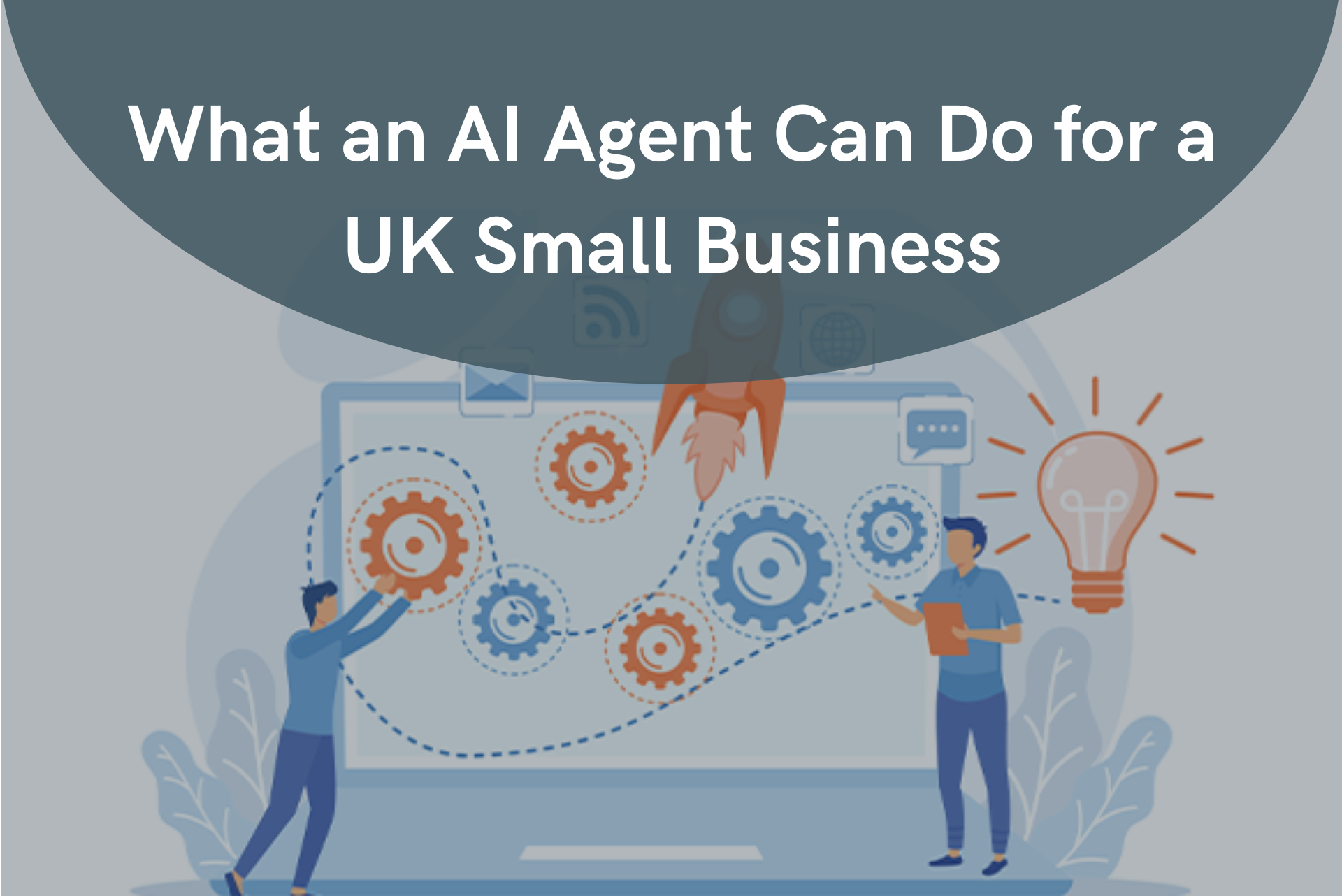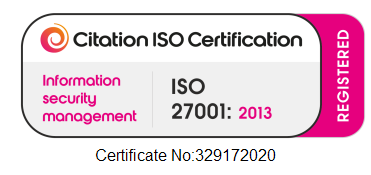Microsoft 365 v Google Docs
When it comes to spreadsheets, documents, and all of the other tools that you use to manage your business, there are two choices that excel above all others; Microsoft Office 365 and the G-Suite, which includes the ever-popular Google Docs.
Both platforms contain a huge assortment of features and they have many benefits associated with using them. However, which one is right for you? The truth is that there is no right or wrong answer. It is about carefully comparing both options and thinking about your business’ needs. This will enable you to determine which platform is going to be most suitable for you and your team.
To make that decision a lot easier, we have gathered all of the information you need and we are going to present it below so that you can get a better understanding of the differences between the two.
Which has the better productivity suite?
Both platforms have a great productivity suite, and they have the same basic core applications. They all have note-taking, messaging, and videoconferencing software, as well as contacts, calendar, email, presentation, spreadsheet, and word processing programs.
However, while the core of these applications is similar, the way they work is quite different from one and other. The word and spreadsheets are probably most akin, but even then there are some different features. For example, a lot of people prefer Google Docs because of the auto-save feature and the ease at which you can share your files with other people within your team. On the flip side, though, this can lead people to prefer the privacy that Microsoft Office brings.
How much do you have to pay for G-Suite and Microsoft Office 365?
Money is always a concern for all businesses, and every expenditure needs to be scrutinised carefully. The truth is that you do not actually have to pay anything for a lot of the apps. You can access Google Slides, Sheets, and Google Docs free of charge, for example. You can also access the online version of PowerPoint, Excel, and Microsoft Word for free, yet you cannot use the desktop version for free.
Despite there being free options available, a lot of businesses would be better off looking into the paid subscription models because of the extra features, support, and security that are provided. The free versions only tend to be suitable for small businesses.
Pricing structures differ for each platform. Google Suite, for example, has a three-tier system, offering a Basic, Business, and Enterprise package. The Enterprise package is the most comprehensive, with access to everything from access control and data loss prevention.
Microsoft Office 365 offers a larger number of packages. This can make it complicated, but it also means you’re more likely to find something that is right for you. The most basic version is the Business Essentials Plan. You then have the Standard Business Plan and the Business Premium Plan. Seems simple, enough, right? However, the company has also built four different plans for much bigger organisations; ProPlus, E1, E3, and E5.
What email system is right for you?
Another factor that all businesses will want to consider is the email service that is available. After all, sending emails is a basic thing that all companies need to do! It all depends on what you are looking for from an email provider. If it is simplicity you are interested in, you will prefer Gmail. The interface is less cluttered and a lot cleaner than the default email setting with Outlook, providing a great balance between powerful features and ease-of-use.
Nevertheless, if it is power features you are interested in, Outlook takes the crown. One of the best features here is the Focused Inbox, which enables you to see your most important emails first so that you can respond to them quickly. There is also the Clean Up feature, which does an excellent job of simplifying long email threads so they can be followed with ease.
So there you have it: an insight into the Microsoft Office 365 and G-Suite offerings. As you can see, there are plenty of benefits that are associated with both, and so it is all about thinking about your business and your day-to-day requirements so you can determine which solution is going to be better for your team.




